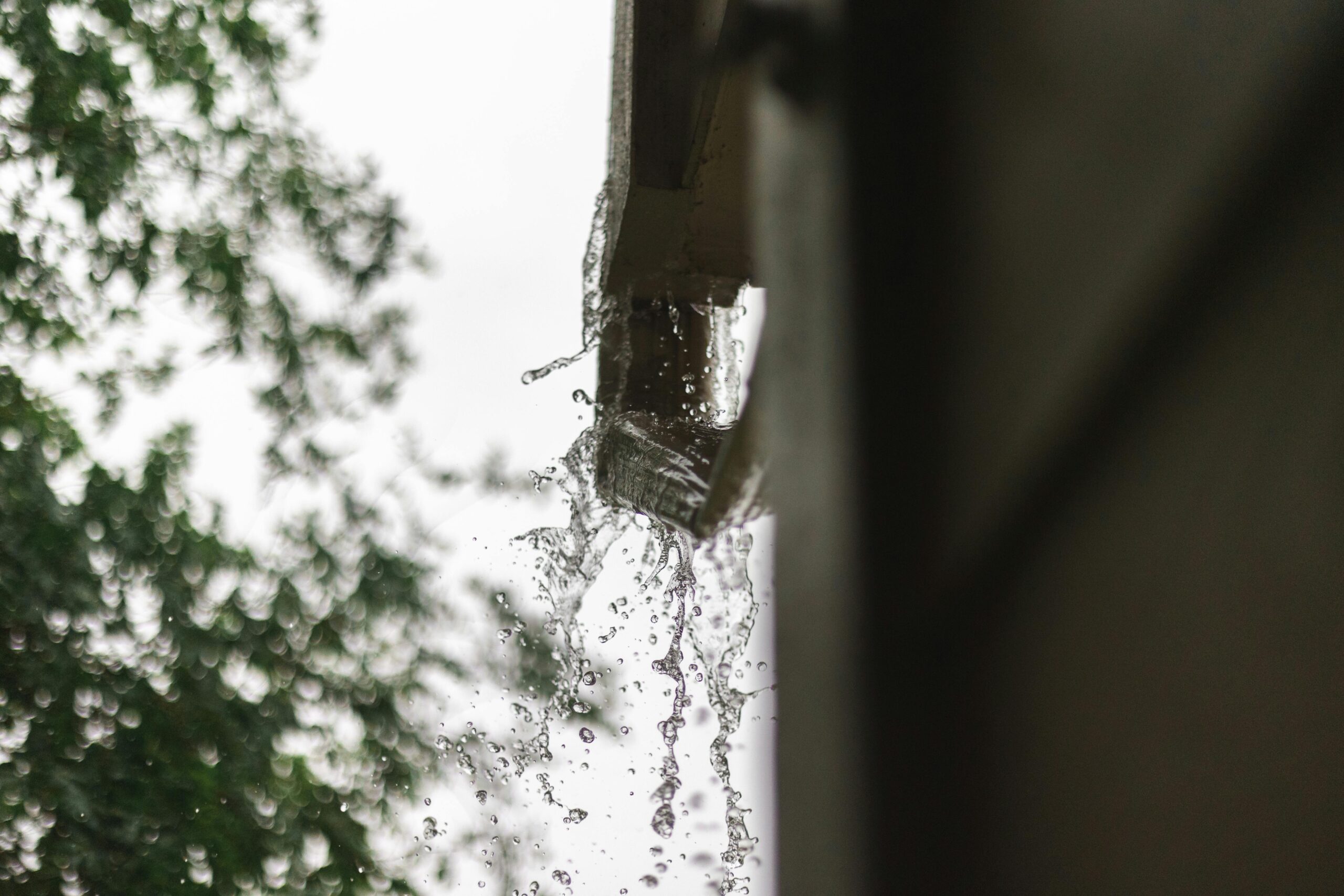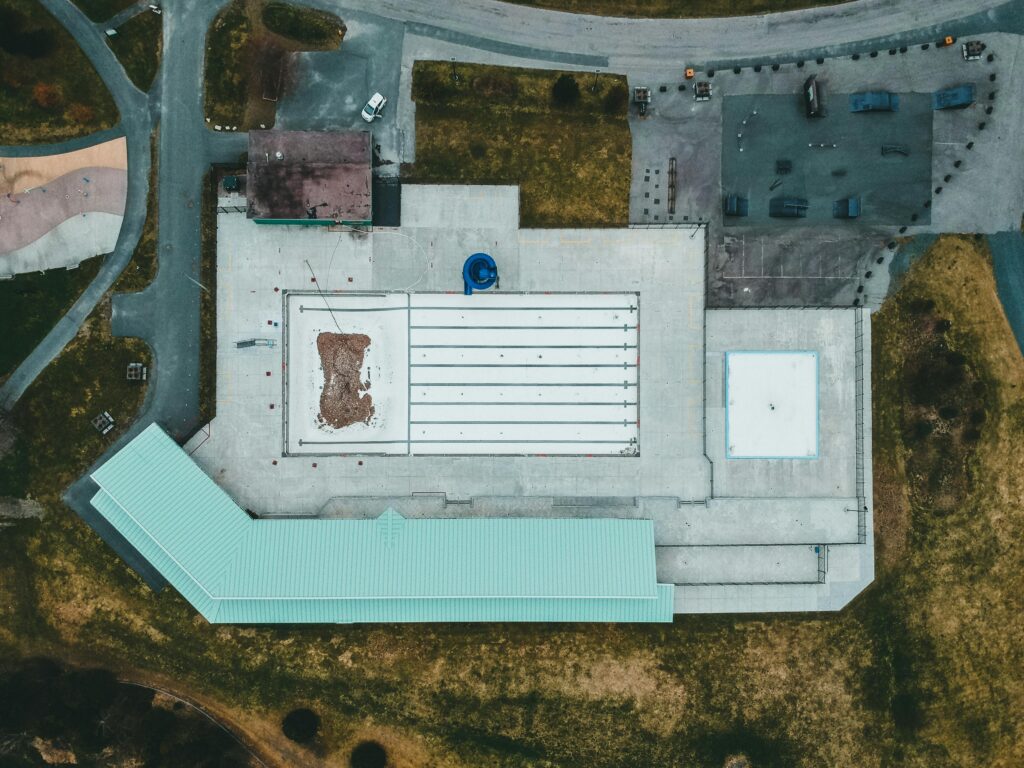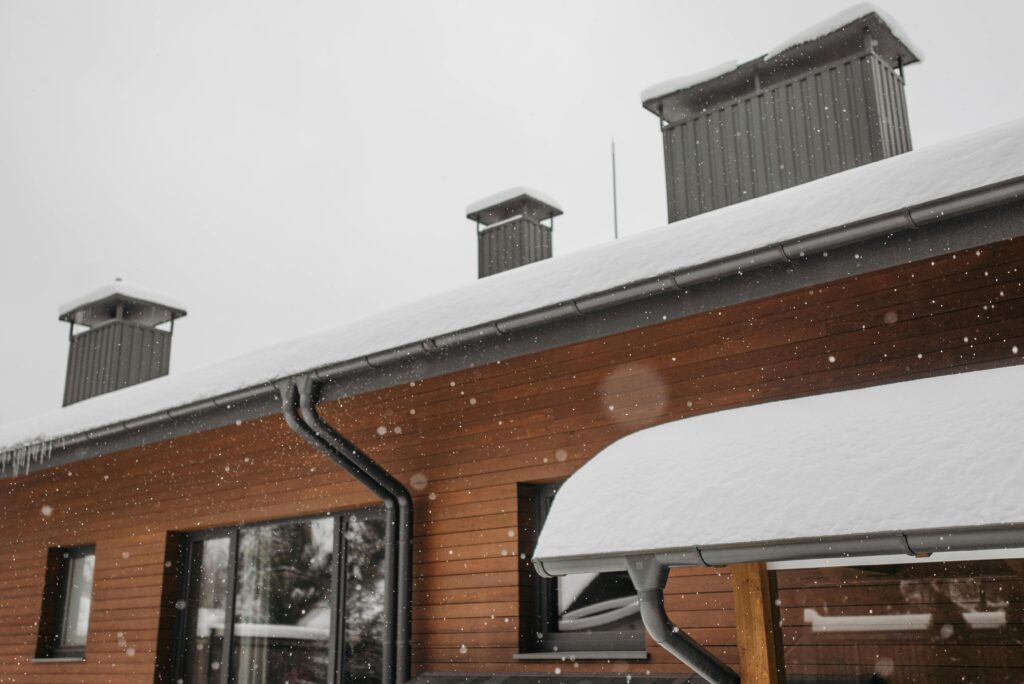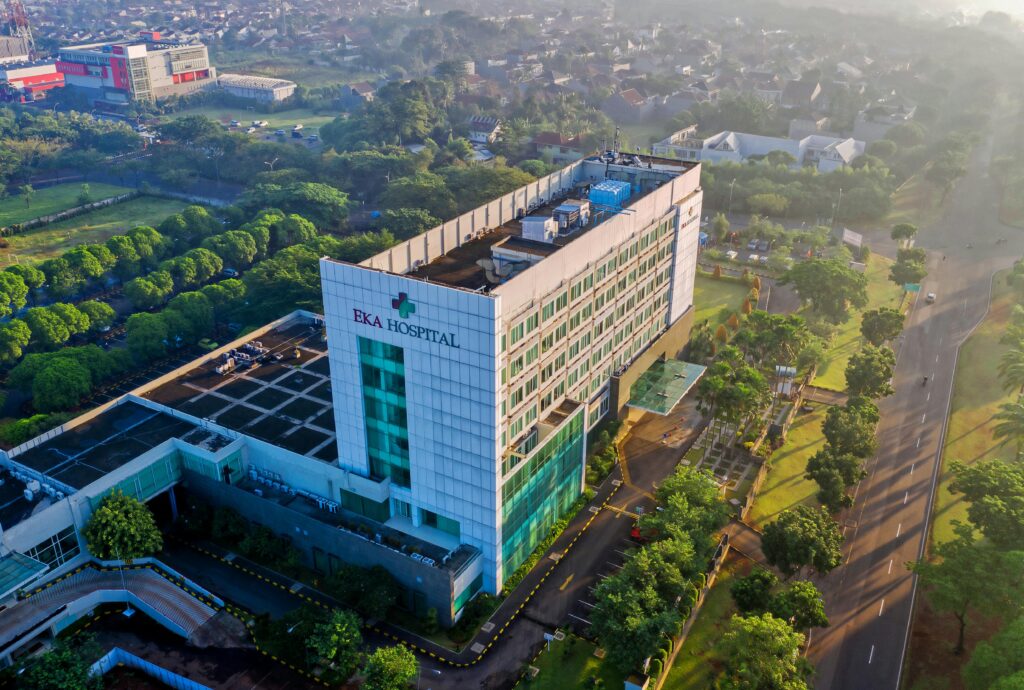Summary of Keypoints
- Why commercial roof sealing matters: Poorly sealed or unsealed commercial roofs allow moisture infiltration, leaks, ponding water, and higher energy costs, which can accelerate roof deterioration and threaten business operations.
- Common problems and prevention: Cracked or brittle sealants around seams, flashing, and roof penetrations often cause leaks and ponding water (standing water over 48 hours). Regular roof inspections help identify and repair these weak points early.
- Roof coating options and materials: Commercial roof sealing solutions include polyurethane foam, roof cement, acrylic coatings, and silicone coatings. Silicone coatings are especially valued for waterproofing, UV resistance, reflectivity, and compatibility with materials like metal and modified bitumen.
- DIY vs. professional application: DIY sealing may reduce upfront costs but requires proper safety measures, product knowledge, and preparation. Hiring a professional roofing contractor ensures correct material selection, proper installation, and reduced risk of trapped moisture or long-term damage.
- Long-term benefits of roof coatings: High-quality roof coatings protect against UV damage, reduce energy costs through reflectivity, extend roof lifespan, and often include warranty coverage, making roof sealing a long-term investment rather than a short-term fix.
Your business’ stronghold is only as strong as its weakest link – and oftentimes that is an unsealed or poorly sealed commercial roof. Overlooking this vital element can lead to moisture infiltration, water damage, and high energy costs – issues you don’t want to deal with when building your business.
Read on to learn more about the importance of commercial roof sealing and how to proactively prevent leaks from happening by choosing the right product for your roof.
The Importance of Sealing Crevices in a Commercial Roof
The task to seal commercial roof crevices is no small job, but it is crucial for preventing potential problems like water damage and moisture infiltration.
An unsealed roof can lead to leaks and ponding water. Leaky roofs are often caused by brittle, cracked sealant around seams, flashing, and roof units. Ponding water is water that sits on your roof for more than 48 hours, which can weaken your roofing materials over time if not addressed properly.
The Role of Regular Roof Inspections
In order to combat weak spots in your commercial roofing system, it is critical to have regular roof inspections performed. Inspections help identify spots needing repair before they turn into major issues like complete roof replacement.
An experienced roofing contractor will be able to assess the condition of your current coating systems and recommend whether a fresh application of products – like acrylic or silicone-based coatings – might extend its service life.
The Impact of Material Choice on Roof Longevity
Not all roofing systems are created equal. Your choice in material plays an important role in how well your commercial roof withstands harsh elements while still maintaining its integrity over time. You need something that’s both tough and durable.
Click to Tweet
Types of Roof Coatings for Commercial Roof Sealing
Commercial roofs demand a robust line of defense against the elements. Different roof coatings offer this protection, each with its unique benefits and uses.
For example, polyurethane foam is one option that offers insulation and waterproofing in a single product. It seals gaps efficiently, reducing moisture infiltration significantly. Roof cement, on the other hand, works wonders for patching up minor leaks and crevices.
The Popularity and Benefits of Silicone Coatings
Silicone coating systems have become increasingly popular due to their remarkable features. A silicone rubber coating not only safeguards your commercial roof from water damage but also reflects UV rays resulting in energy savings.
Silicone coatings are reflective and boast high resistance to weathering, giving it an edge over others when longevity is concerned. Notably used as an acrylic roof sealant, these liquid copolymers are known for forming strong bonds with various roofing materials like modified bitumen substrates or metal roofs.
Click to Tweet
DIY Application vs. Hiring a Roofing Contractor for Commercial Roof Sealing
Deciding between DIY application and hiring a professional roofing contractor for roof restoration projects can be tough. Read on to dig into both options to help you make the best decision.
Tips to Restore Your Leaky Commercial Roof
If you’re feeling brave, there are some benefits of tackling your leaky commercial roof yourself. The sales price refund on materials can certainly look appealing, but it’s not just about cost savings – restoring an existing flat or rubber roof is also immensely satisfying.
The preferred sealant among many DIYers is Conklin’s 360-S urethane sealant, known for its durability and elasticity that matches most types of roofs perfectly. But before going this route, be sure you have done the proper research and have employed all safety tactics needed for a successful job.
Hiring a Professional Roofer: What You Need to Know
Hiring a seasoned roofing contractor takes away all the hassle and potential risks associated with DIY repairs. With years of experience under their belt, you can be assured that all issues are taken care of efficiently, safely, and correctly. Further, you’ll get expert advice on material selection suitable for weather conditions in your area while ensuring no trapped water beneath any layer – leading to less stress in the long term.
Click to Tweet
Factors to Consider Before Applying Roof Coatings on a Commercial Roof
Before applying roof coatings, one must consider the climate and time of year to ensure an effective project. One crucial consideration is weather variations. Your choice of caulk sealant for commercial roofs might change depending on climate and time of year.
The Importance of Reading Technical Data Sheets
A key step before starting any roofing application is understanding technical data sheets. These documents provide important information about products like shelf life and specific instructions for coating systems suitable for your roof material.
It is important to be aware that certain conditions may impact the efficacy of your chosen product in the long-term. For example, areas prone to water ponding may need more durable options such as those offered by topps products.
Familiarizing yourself with these details not only helps ensure proper installation but also prolongs the service expectancy and optimizes energy savings from your new roof layer.
Navigating Installation Guides and Warranty Coverage
Detailed installation guides help avoid common pitfalls during the process while clear warranty coverage gives peace-of-mind post-installation. After all, a well-sealed commercial roof isn’t just about today; it’s an investment in tomorrow.
Click to Tweet
Benefits of Using Roof Coatings for Commercial Roof Sealing
If you have a commercial roof, using the right coatings can give you some serious perks, like energy savings and warranty coverage. High quality coatings lower the risk of moisture infiltration and leaks given their enhanced water vapor permeability. But using effective coatings is not just about immediate benefits.
The Impact of UV Rays on Commercial Roofs
UV rays cause wear and tear to your commercial roof over time. Waterproof coatings, such as Ames’ roofing products, help shield against these harmful rays, reducing temperature comparisons by reflecting sunlight away from your building. In addition to their waterproofing qualities, reflection of UV rays also provides an energy saving solution, cutting down energy costs year-round.
The Role of Warranty Coverage
Warranty coverage on your commercial roof coating gives peace-of-mind through extended service. Many top-notch sealants, such as Karnak’s, offer these warranties when using their products. Further, these companies often offer sales price refunds if any issues arise during the advertised shelf life.
Click to Tweet
FAQs on Commercial Roof Sealing
What do roofers use to seal cracks?
Roofers often use a combination of roofing cement and reinforcing fabric to mend cracks. For broader areas, they may apply elastomeric coatings.
What goes on a commercial roof?
A variety of materials can cover commercial roofs, including EPDM rubber, TPO sheets, PVC membranes, or metal panels. They may also feature protective coating layers for extra durability.
What is good to seal a leaking roof?
Silicone or acrylic-based sealants work great for leaks. Polyurethane foam can be sprayed onto the surface for seamless coverage that is watertight and sturdy.
How much does it cost to get a roof sealer?
The price varies depending on the product and size of your roof but typically ranges from $1,000-$3,000.
Conclusion
When sealing a commercial roof, be sure to choose the right materials, understand their application, and keep up with regular inspections. Hiring professionals can save you time and potential missteps in the sealing process. If you’re looking for an experienced roofing contractor to help you navigate the process, reach out to CDS Roofing today.



